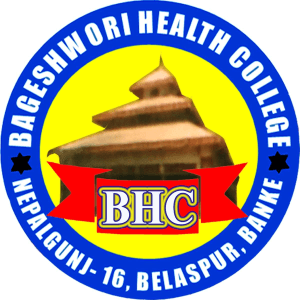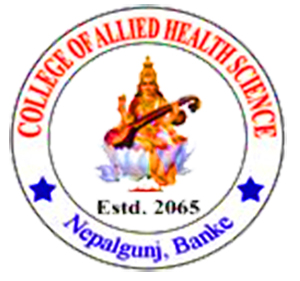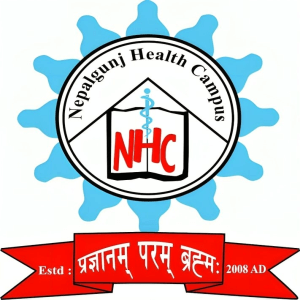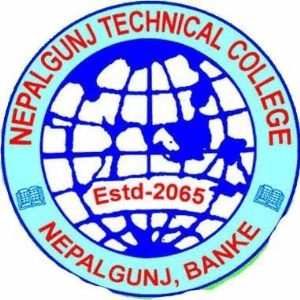Overview
PCL in Medical Lab Technology (CMLT) at Nobel Technical and Medical Science College, Kohalpur, Banke
The Proficiency Certificate Level (PCL) in Medical Lab Technology (CMLT) is a three-year academic and technical program conducted by Nobel Technical and Medical Science College, Kohalpur. Affiliated with the Council for Technical Education and Vocational Training (CTEVT), the course is designed for SEE graduates interested in laboratory science, diagnostic testing, and clinical support roles.
This program equips students with the foundational knowledge and practical skills to work in medical laboratories, hospitals, and diagnostic centers, playing a key role in patient care through accurate lab analysis.
Curriculum Details
The curriculum is spread across six semesters over three academic years. It combines theoretical learning, laboratory work, and clinical practice.
Main subjects include:
-
Human Anatomy and Physiology
-
Clinical Biochemistry
-
Hematology and Blood Banking
-
Microbiology and Parasitology
-
Histopathology and Cytology
-
Immunology and Serology
-
Clinical Pathology and Urinalysis
-
Laboratory Management and Ethics
-
Public Health and Disease Surveillance
Each semester includes classroom-based study and lab-based training, preparing students to work confidently in real healthcare settings.
Objectives
-
Provide technical knowledge related to diagnostic lab procedures
-
Train students to handle lab tools, machines, and safety protocols
-
Build core competencies in collecting, processing, and interpreting lab results
-
Promote ethical lab practice, documentation, and patient confidentiality
Scope
This program opens doors to employment in hospitals, pathology labs, diagnostic centers, and public health institutions. CMLT graduates play an essential support role in disease diagnosis, medical research, and epidemic monitoring. The course also promotes higher studies in medical sciences and related fields.
Learning Outcomes
Upon graduation, students will be able to:
-
Perform standard laboratory tests related to blood, urine, stool, and other samples
-
Prepare reagents and operate lab equipment accurately
-
Identify microorganisms and detect abnormalities through lab analysis
-
Maintain records and generate test reports
-
Follow biosafety measures, quality control, and infection prevention practices
-
Communicate laboratory findings clearly with the medical staff
Skill Development Modules
-
Practical sessions in blood collection and sample preparation
-
Microscope handling and staining techniques
-
Operating semi-automated and automated analyzers
-
Slide preparation for histology and microbiology
-
Maintenance of inventory, hygiene, and lab discipline
-
Observation and reporting of case findings under supervision
Teaching Methodology
The teaching method includes instructor-led theory classes, small-group lab training, and clinical internships. Students spend a significant part of their final year in hospitals and diagnostic labs to apply what they’ve learned in real-time environments under expert supervision.
Admission Requirements
-
Completion of the Secondary Education Examination (SEE)
-
Successful completion of the CTEVT entrance examination
-
Total seats: 30 per academic session
-
Admission is granted based on entrance merit and seat availability
Career Opportunities
Graduates of this program are eligible for roles such as:
-
Laboratory Technician or Assistant in hospitals or clinics
-
Diagnostic Support Staff in pathology labs
-
Blood bank or transfusion service technician
-
Public health lab technician in governmental projects
-
Research lab support staff in universities or NGOs
This program also provides academic eligibility for bachelor-level health science programs.
Scholarships and Financial Aid
Three scholarships are available in this program through the CTEVT quota system. Candidates are selected based on entrance ranking and the inclusion criteria CTEVT sets to promote equity in technical education.
Why Choose This Course?
This course suits students interested in science and healthcare, particularly those who enjoy working in laboratory settings. It offers practical career options and a direct path into Nepal’s growing healthcare system.
Conclusion
The PCL in Medical Lab Technology at Nobel Technical and Medical Science College helps students gain essential laboratory skills and medical knowledge. With expert guidance and structured practical experience, this course supports young professionals who wish to contribute to diagnostic services and healthcare development in Nepal.



















